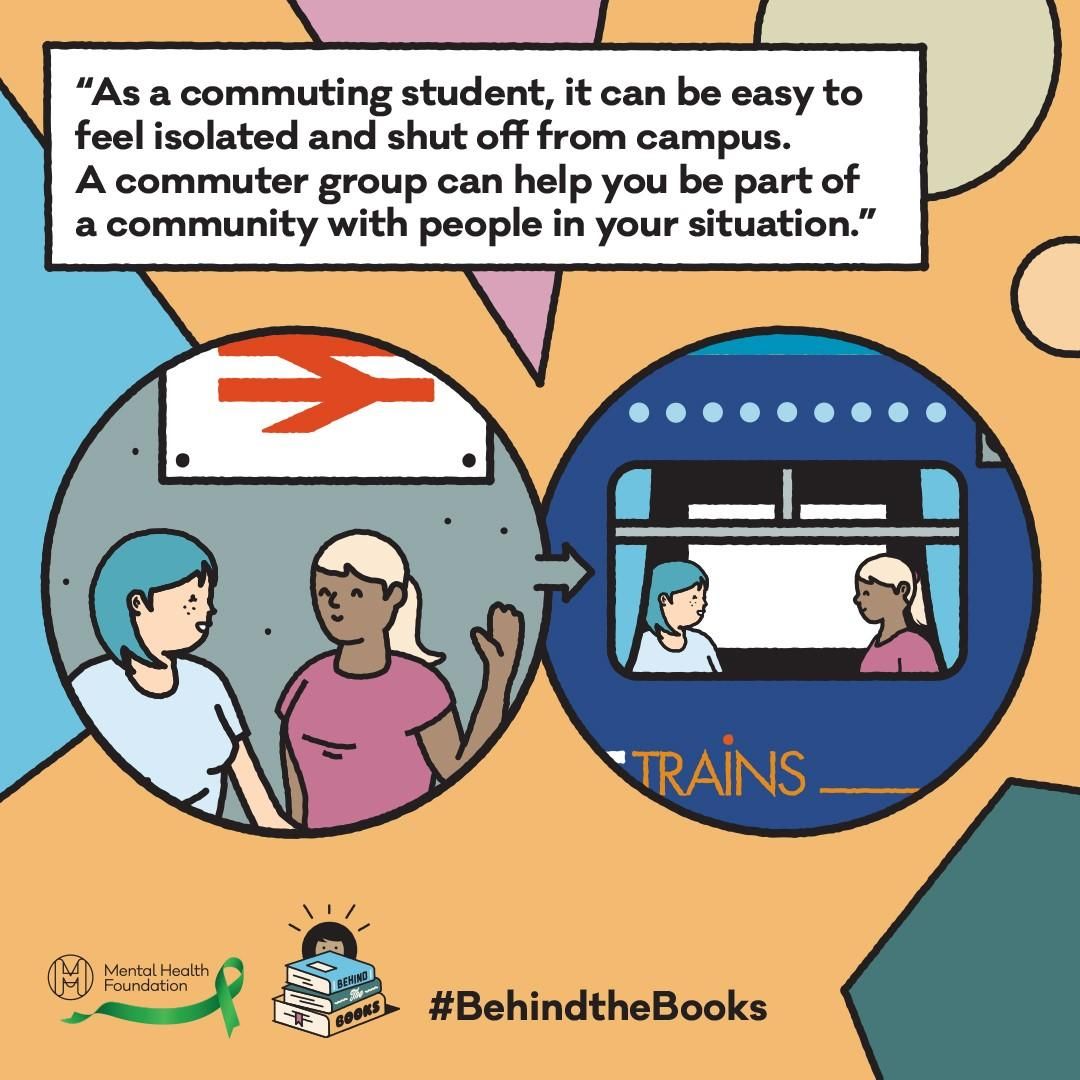This content mentions loneliness or isolation, which some people may find triggering.
Shannon began her university studies during the Covid pandemic. This had a large impact on her feeling connected to the university and her peers. In this piece Shannon writes about how creating a mentorship network helped her feel connected and empowered to others.
The Covid cohort
From school, we were told that university is a time of joy. We were told we’d be with hundreds of people from a plethora of cultures and it’s the most exciting time of our life. Almost like those institutions in your favourite TV shows, with the vibrancy and excitement from all the newbies beginning their first step into independent life! September 20th, 2020, the day I walked into halls, there was not a sound.
The excitement and bustle of sixth form changed to a silent room. All I had was a laptop showing muted voices and faceless screens. I questioned how I would organically connect with others? For over half of my degree that sense of humanity wasn’t tangible, from genuine laughter to the depth of conversation and the energy that feeds between persons. How do I stay inspired, motivated, and connected in this altered world?

Introspection
The bleakness of the pandemic drove nihilism, but I tried to remain optimistic. I learned to appreciate the quietness it provided for introspection; to deeply reflect on my purpose and value at university and to understand to how to flourish in this unknown space.
It is much easier said than done to embark on the journey of self-empowerment. It doesn’t happen overnight. There is a multilayering of what shapes and drives us. As an Indo-Caribbean woman from Hackney, who is heavily underrepresented in the academic space, there was so much to unpack. I started to reflect on the times that I felt that I was my thriving self, and what had prompted that. I was someone with such drive and enthusiasm to enter new spaces, such as insight sessions and conferences to contribute to positive change in my society. I was incredibly determined to broaden my global awareness and research topics that I was fascinated by. I planned to create a blog space to enlighten myself and those around me about the intricacies of life. I reflected that much of my ability and confidence to grow and to develop a thriving mindset stemmed from being in a supportive, uplifting environment.
Mentorship
Community mentorship was the most pivotal tool throughout my life, that shaped my self-belief and drive to want to flourish. In moving away from home, I was in a new space, way of life and culture. I hardly found those from a similar background as me, but I knew there were pockets of us dotted across campus! I looked around at the varying university initiatives that provided a space for mentorship and while they were incredible, in being a covid starter, I found it difficult to wholly immerse myself into my institution. The key to mentorship is identification, finding the network and connecting with someone with whom you can see yourself in. It was about that sense of relatability of lived experience, to discuss intricate themes on overcoming imposter syndrome, belonging and recognising your self-worth; that will differ between groups and cultures.
Collective strength
The beauty of university is that when you meet one person who is like you, it leaves a trail to connect with more like-minded students. I also reconnected with my friends at home, and unsurprisingly, all related to the feeling of alienation. I was determined to create a central space to connect us across the map, especially as there aren’t very many of us in the academic world. So, I created a group, external from my institution but united the most underrepresented students on a national basis. We shaped a comfortable, protected, and empowering virtual space to feel like we are in the room together. The unity of like-minded students, with similar journeys and experiences, in one area, inspiring and relating to one another, and introspecting together created a snowball effect. Students further connected with and checked on friends and supported those alike at their respective institutions. This is how we get through it together. There is no age, pace, or structure to mentorship; the key is to make it your own and be in a space that inspires, understands, and empowers you; allowing you to grow and flourish in your university journey.
If you feel affected by the content you've read, please visit our get help page for support.
Related content
Behind the Books
Our #BehindtheBooks campaign aims to help university students talk about their mental health, to realise when they’re struggling, to provide tips on ways to cope and to normalise the ups and downs of uni life.

Eloise's story: helping friendships flourish as a university student
University student Eloise shares tips about making and maintaining friends when starting university.

Sheneika's story: My experience as a commuting university student
Sheneika lived at home while she completed her degree. This came with difficulties when trying to be part of the wider university community. Here are her tips on how to cope as a commuting student.


Read stories about people like you
Read the stories you've shared about your lived experiences of mental health.

Help us to help you
Our Personal Experience Network (OPEN) is a diverse community whose personal experiences and stories guide everything we do, helping us to help you.
